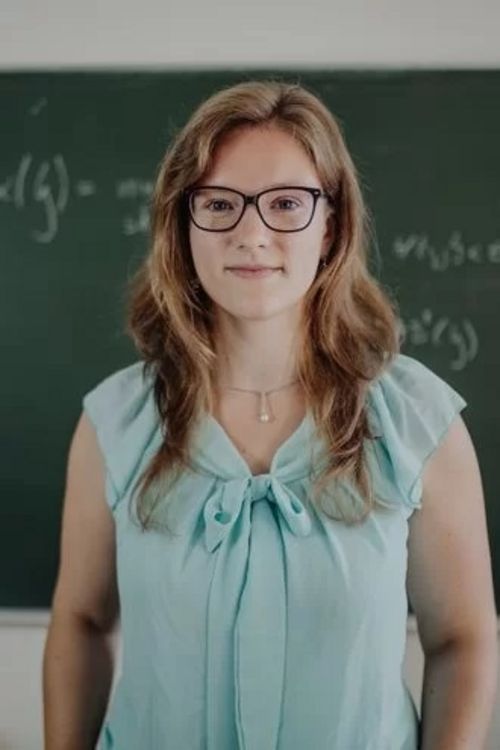In many real-world optimization problems, there is not a single objective function, but there are multiple conflicting ones. Such conflicting objectives arise for example in areas related to sustainability, e.g. cost versus environmental concerns. The field of multi-objective programming (MOP) allows to deal with such problems. In our project, we aim to advance the available theoretical and practical knowledge in MOP by combining it with the power of semidefinite programming (SDP).
Project Details
Young Career Project
Project Leader
Elisabeth Gaar
Call
10/2021
SDP is a powerful modeling technique for single-objective combinatorial optimization problems such as the stable set, Max-Cut and vertex coloring problem and facility layout problems. However, the use of this technique in the context of MOP is still in its infancy. Thus, in our project, we aim to make the first steps in closing this exciting gap in existing research. In particular, we want to develop objective space methods for combinatorial MOP problems with SDP relaxations, as well as inner and outer approximation algorithms for multi-objective SDPs, with the goal of working towards a multi-objective branch-and-bound algorithm for MOP problems that utilize SDP relaxations.

As show-case for our research this project uses a combinatorial optimization problem, for which SDP relaxations proved particularly successful and which is also of high interest in the context of MOP, namely the single row facility layout problem.
Elisabeth Gaar is a researcher in fields of operations research, combinatorial optimization, graph theory and non-linear optimization. Both her master's thesis and her dissertation were awarded with a price of the Austrian Society of Operations Research (ÖGOR). Elisabeth Gaar did a bachelor and a master program on technical mathematics with focus on operations research at Graz University of Technology. She finished her PhD at the Department of Mathematics at the University of Klagenfurt in 2018. After that, she was employed as postdoc researcher within a joint Austrian-Slovenian project at the University of Klagenfurt. Since 2020 she is working at the Institute of Production and Logistics Management. In 2021 she was deputy leader of the Austrian team of the European girls' mathematical olympiad.
